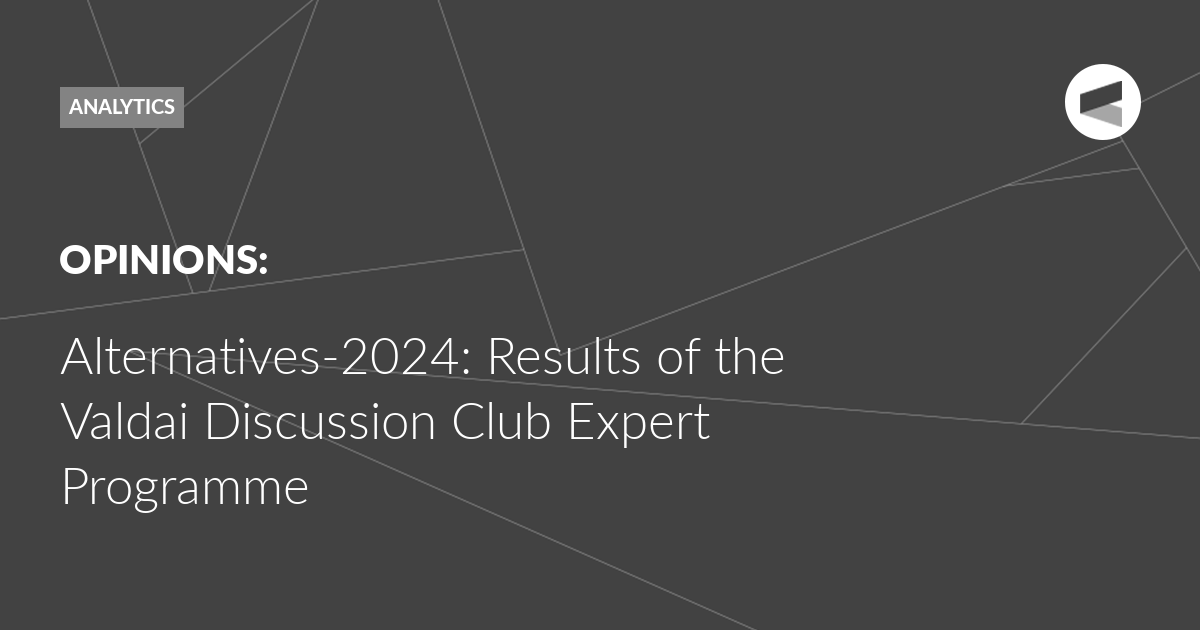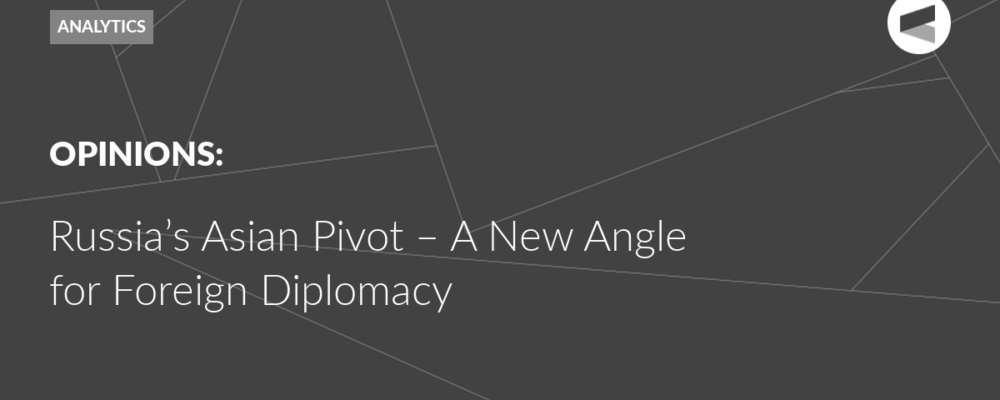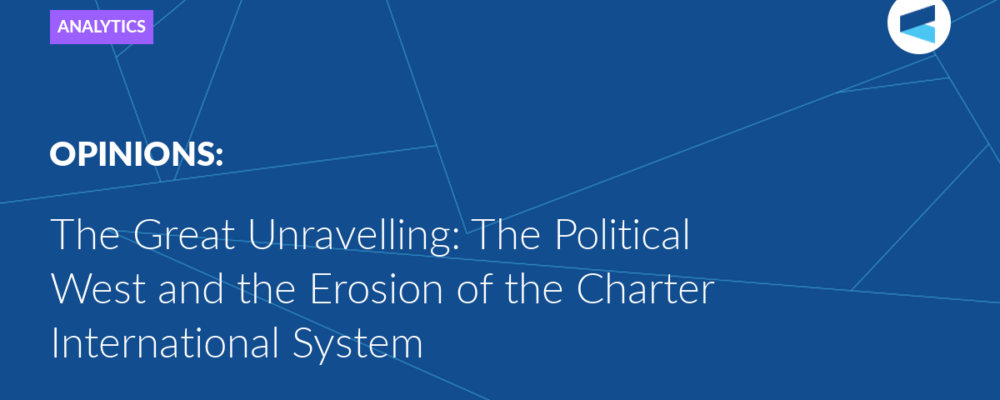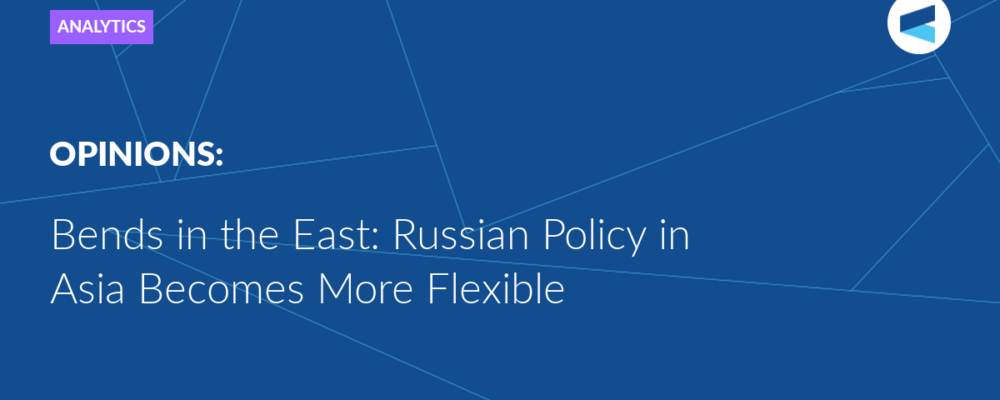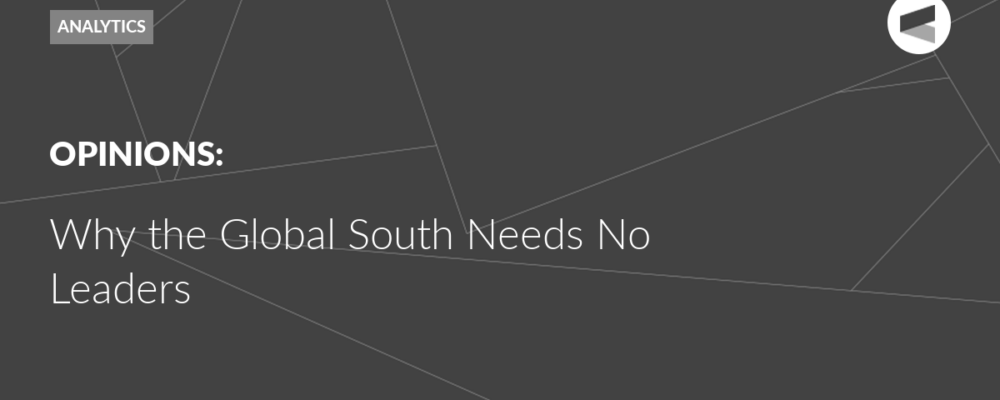In 2024, Valdai Club continued its cooperation with colleagues from Pakistan, which has been actively developing for several years. In April, 2024, the Club held a Russian-Pakistani conference on strategic stability, a topic that is becoming extremely acute amid the current geopolitical conditions. Pakistan, as a nuclear power, has its own views on the problems of global and regional strategic stability, which resulted in an interesting and frank dialogue between experts from both countries. In November, an official cooperation agreement was signed between the Valdai Club and the Islamabad Policy Research Institute.
In June, in collaboration with the International Manifesto Group, a group of left-progressive and Marxist theorists from Western countries, the Valdai Club organized a special webinar, “The Radical Reorientation of Russia’s Foreign Policy”. The keynote speaker was Sergey Karaganov. Valdai Club experts Radhika Desai and Richard Sakwa also took part in the discussion. Within the same theoretical paradigm, Dimitris Konstantakopoulos analysed
the role of Western elites in their attitude toward the Global South. Richard Sakwa reflected
on the role of the political West in the erosion of the UN international system.
As before, the Club focused on the activities of BRICS and the Group of Twenty, as well as the value and semantic components of the activities of these associations. The Club held a discussion on the priorities of Russia’s chairmanship of BRICS in 2024. Marco Fernandes presented the text “BRICS and the IMF Debt Traps. What Can the Contingent Reserve Arrangement Do for the Global South?,” dedicated to the hot topic of de-dollarisation and discussions within BRICS on this issue. Daria Zelenova analysed
the African agenda of BRICS, Rasigan Maharajh reflected on the future of BRICS countries in a multipolar world, as well as on the development of the BRICS+ format. Materials were published on the history of the formation of the BRICS value platform, on possible directions of BRICS transformation, and on the political positions of possible BRICS candidates based on the results of their votes in the UN General Assembly.
In March, Valdai Club held
a discussion “The West against the rest of the world: the role of the G20 in harmonising approaches to global development and promoting sustainable multilateralism”. In this context, a text was published on the advisability of violating the quantitative parity between Western and non-Western countries in the G20, so that the countries of the Global South would receive a numerical majority there. Because without this, the imposition of a Western-centric agenda on the countries of the South within this group will continue. This topic is closely related
to the tasks of strengthening trust between the countries of the Global Non-West and the South, and strengthening their internal consolidation.
The climate agenda was also in the focus of the Club’s attention, as before; in January, an expert discussion of the results of the annual conference on combating climate change COP-28 took place. Vyacheslav Shuper analysed
the impact of globalisation on the spatial organisation of the world from his point of view as a geographer. Francine Mestrum linked
the environmental agenda with the farmers’ protests in Europe.
As part of the Valdai Club programme at the World Youth Festival in Sochi in March, one of the areas of our work was devoted to the values of the future world, as seen by young experts from different countries. Zhang Huimin published
a special expert text on this topic. The results of this discussion are presented here.
Another traditional theme of the Club is an appeal to historical memory. Roman Reinhardt reflected
on the lessons of the Cold War in connection with the centenary of Jimmy Carter, Milana Živanović in the article “Memory vs. Oblivion” addressed
the 25th anniversary of the NATO bombing of Yugoslavia in 1999. For the 35th anniversary of the withdrawal of Soviet troops from Afghanistan, a text was published on the voting pattern in the UN General Assembly on resolutions related to that conflict.
During the year, the Club also responded to pressing issues of the current political agenda. David Lane published articles on the results of Donald Trump’s victory in the US presidential election and on the results of the UK elections. Olivier de Roqueplo analysed the results of the elections in France and the appointment of Michel Barnier as prime minister, and Dario Velo considered
the elections to the European Parliament. Nivedita Das Kundu analysed
overcoming difficulties in relations between India and China in the context of the bilateral meeting of the leaders of these countries at the BRICS summit, and Murad Sadigzade analysed
the problems between Turkey and Syria.
In February, the Club held
a discussion on international migration in the Mediterranean and related human rights violations. Dimitris Konstantakopoulos presented an article “Migration in the Mediterranean: Key Problems”, and Roberta Alonzi analysed
the migration policy of the Italian government.
In general, one of our authors, Jacques Sapir, titled his article “2024, a Year of Consolidation in Global Changes?” Indeed, the year 2024 has shown that the shocking severity of the collapse of the entire previous world order, characteristic of 2022, is already gradually becoming a thing of the past. Like it or not, the world has adapted to the new fault lines and red lines which appeared two years ago. In these conditions, the global alternatives of the year 2024 received their progressive and sustainable development. The Valdai Club will continue to analyse them in the coming year.
The Valdai Discussion Club was established in 2004. It is named after Lake Valdai, which is located close to Veliky Novgorod, where the Club’s first meeting took place.
Please visit the firm link to site


